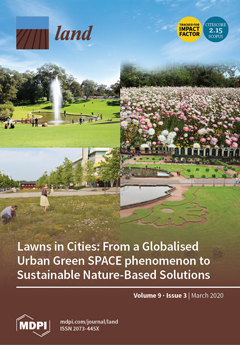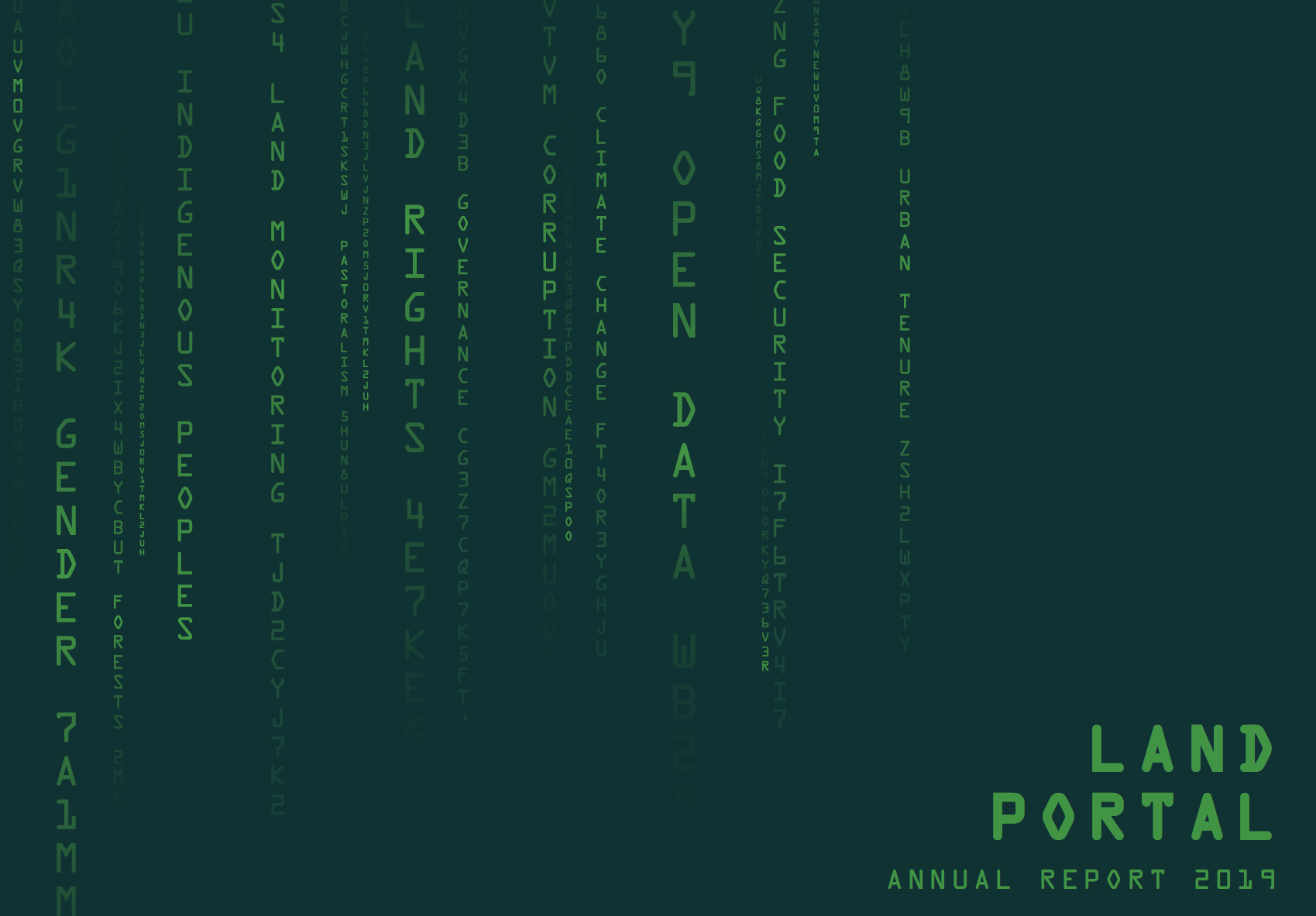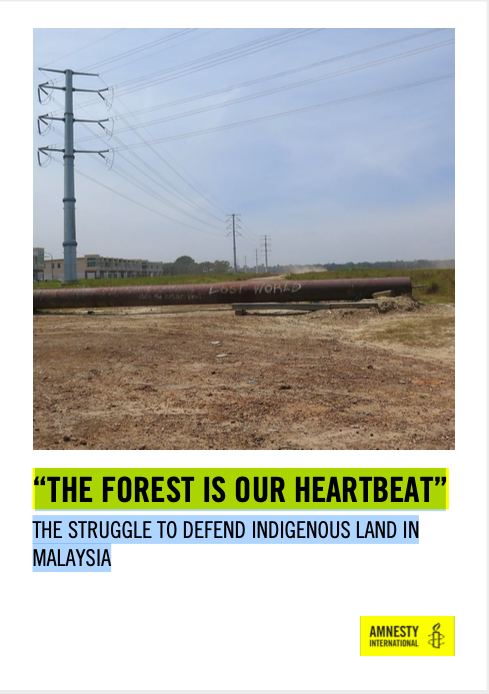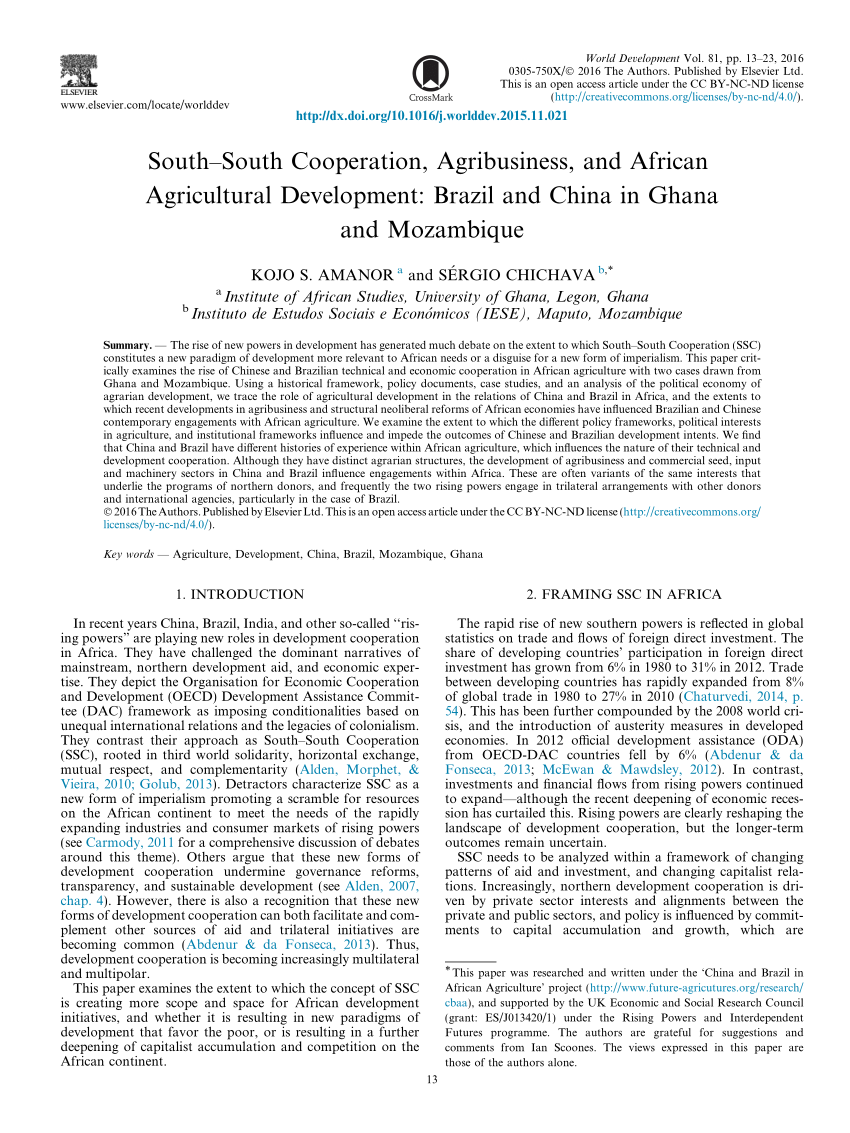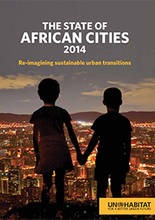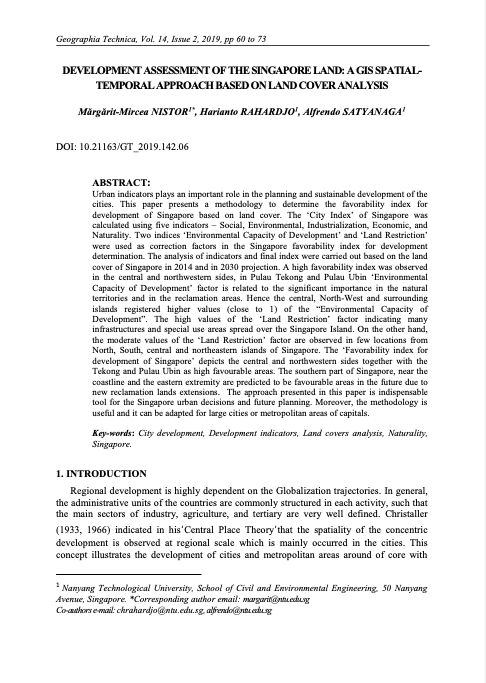Rural Women’s Invisible Work in Census and State Rural Development Plans: The Argentinean Patagonian Case
This article reviews the invisibility and the recognition of rural female work in the Patagonian region of Argentina over time. The analysis is carried out based on (a) the systematisation of research articles (b) a historical study of censuses, and (c) the systematisation of rural development plans related to the subject. The article adopts an ecofeminist perspective. The results have been organised into four sections.

